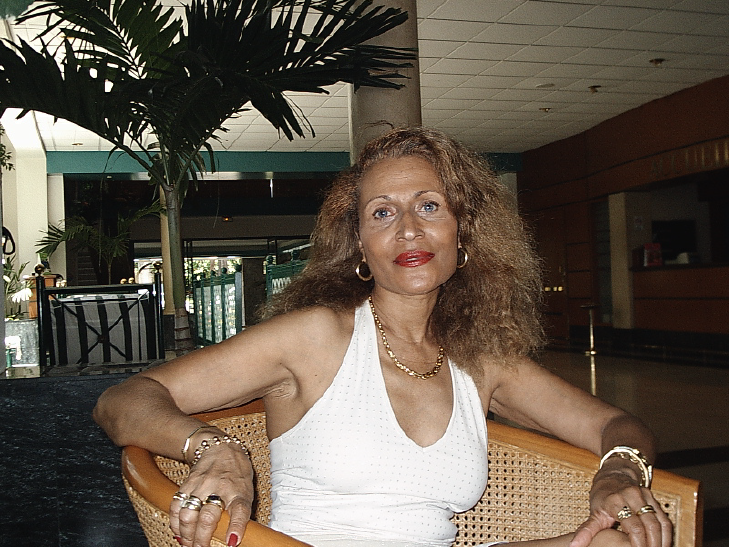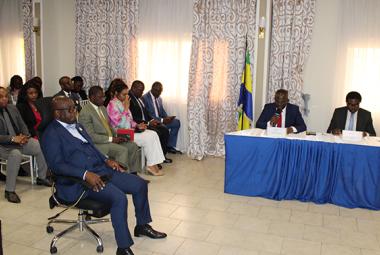Born in Fort-de-France, Suzanne Dracius spent her childhood in Martinique then in the Paris region, in Sceaux, where she studied at the Marie-Curie high school. Professor of Classics after her studies at the Sorbonne, she taught in Paris then at the University of Antilles-Guyana, and at the University of Georgia and at Ohio University (USA) as a visiting professor, his own works, revealed in 1989 by L'autre qui danse, finalist for the Prix du Premier Roman (ed. Seghers - Robert Laffont), on the theme of identity (republished in paperback by Éditions du Rocher in 2007): novel, news (Rue Monte au ciel, Fnac Favorite, ed. Desnel, 2003), poetry (Exquisite métisse dereliction, Fetkann Prize, Desnel, 2008, Insular feminitude deictic, ed. Idem, 2014, Scripta manent, Idem, 2016), theater (Lumina Sophie called Surprise, Medal of Honor from Schœlcher, Desnel, 2005), published in Europe and the United States, translated into several languages and studied in numerous universities.
In 2010 Dracius received a Prize from the Society of French Poets for all of his work and, in 2019, the European Francophone Virgile - Senghor Prize.
Only woman in the Top 10 of "10 Martinican writers who have marked the history of literature" and "contributed to spreading Martinican literature throughout the world", n°6 among the "ten essential authors in the Martinican cultural landscape" (Courrier des Afriques), named first among "women writers from the West Indies and Guyana to offer us texts of great beauty, having as their primary concern what could be called "good writing", as we can see it in Suzanne DRACIUS” (Montray Kréyol), “undeniably one of the great voices of French West Indies literature” (Cultures Sud/TV5 Monde), “unquestionably one of the most important female voices of the West Indies” (The French Review, USA).
Defining herself by the Creole word "kalazaza" which designates "a half-caste of white and black with light skin", she has made the fight against all kinds of racial, sexual or social discrimination the issue and the subject of her writing. : “Suzanne Dracius is to French-language literature what Rosa Parks is to the civil rights movement in the United States, a storyteller doubled with an affront and slingshot pen” (A. Baibeche, Romanitas, Universidad de Puerto Rico) , analyzed in the collective work Interbreeding and maroonages in the work of Suzanne Dracius (L'Harmattan editions, 2009) coordinated by Professor Yolande A. Helm of Ohio University (articles by academics from the United States, Puerto Rico, Great Britain etc).
“The new book by the flamboyant Martinican writer Suzanne Dracius has just been released. Entitled Scripta manent (“The writings remain”, in Latin), the work is an energetic ode to life and hope in a martyred world. “Scripta manent”, “The writings remain”. And those of Suzanne Dracius go straight to the heart and soul. (Philippe Triay - la1ere.francetvinfo.fr)
In 2018, Suzanne Dracius coordinated the bilingual French/Italian anthology Nourritures néohumanistes / Nutrimenti neoumanisti on the theme of exile, migrants and wandering, and, in 2021, the bilingual French/English collective work Vingt ans après September 11 / Twenty Years After 9/11. In 2022, she directs There is no worse pain than the memory of happiness, a bilingual French / Italian anthology.
Learn more about Suzanne Dracius : http://www.suzannedracius.com/spip.php?rubrique21
*This article has been translated from French into English by Marcus Boni Teiga



















